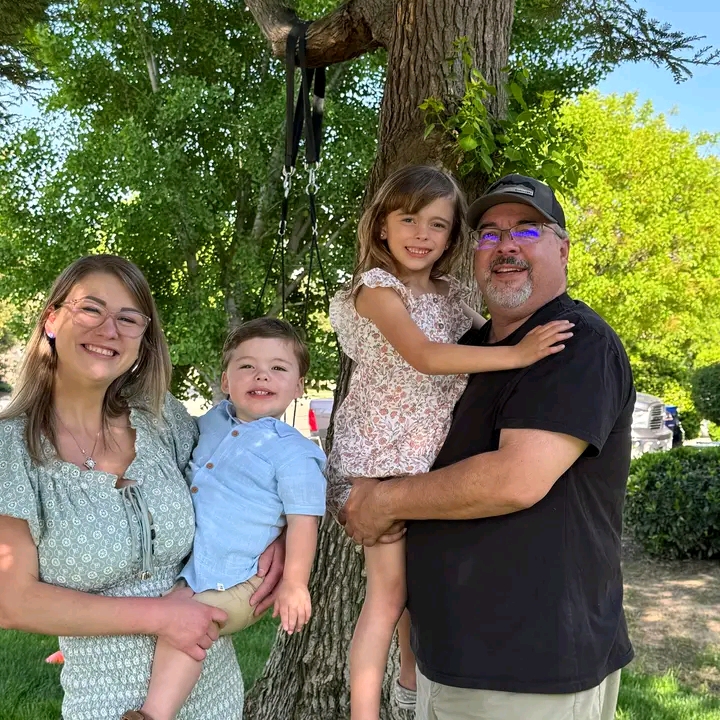London Mourns Rachel Cooke as Celebrated Journalist Passes After Cancer Battle
London — Rachel Cooke, the acclaimed British journalist, author, and longtime cultural voice for readers across the UK and beyond, is being remembered with deep affection and admiration following her passing at age 56 after a courageous battle with cancer. Her departure has left a profound silence in the media world, where her wit, insight, and fearless storytelling had become essential threads in the fabric of British journalism.
Cooke’s career spanned decades of sharp commentary, thoughtful criticism, and beautifully crafted profiles that drew readers into the stories of artists, thinkers, and ordinary people alike. She wrote with a blend of empathy and precision that set her apart, allowing her to illuminate complexities in culture, politics, and literature with remarkable clarity. Colleagues across multiple publications described her as a rare voice — one who wielded intelligence with an elegance that never overshadowed compassion.
Born and raised in Sheffield, Cooke discovered early on that words were both a refuge and a calling. After studying history at Oxford, she entered the world of journalism with a determination that would carry her through some of the most competitive newsrooms in the country. Her early work quickly caught the attention of editors impressed by her rigorous research, sharp instinct, and refreshing narrative style. She later became a fixture at The Observer, where her columns and reviews built a loyal readership.
Friends and colleagues have spoken warmly of Cooke’s unique blend of confidence and humility. Despite her professional accolades — including recognitions for feature writing, criticism, and long-form reporting — she remained deeply human, approachable, and encouraging to young journalists navigating the early stages of their careers. Many credit her with shaping the next generation of cultural commentators simply by offering guidance, thoughtful critique, or a few well-placed words of encouragement.
In addition to her journalistic achievements, Cooke found equal joy in crafting long-form nonfiction. Her book, celebrated for its meticulous research and emotional candor, revealed yet another dimension of her voice: one capable of weaving historical detail with deeply personal reflection. Readers connected with her ability to explore society through individual experiences, anchoring broader themes in vivid, intimate storytelling.
As news of her passing spread, tributes poured in from across the literary, media, and arts communities. Many highlighted not only her professional accomplishments but also her kindness, quick humor, and ability to see the humanity in everyone she interviewed. Former colleagues noted her unwavering dedication to truth and her belief that journalism, at its best, serves both memory and accountability.
Cooke is survived by family members, friends, and the countless readers who came to rely on her steady voice. In the days ahead, publications she shaped will carry reminders of her influence — not only in the words she wrote but in the writers she inspired and the conversations she sparked. Her legacy endures in every thoughtful piece of cultural commentary that follows the trail she helped carve.











